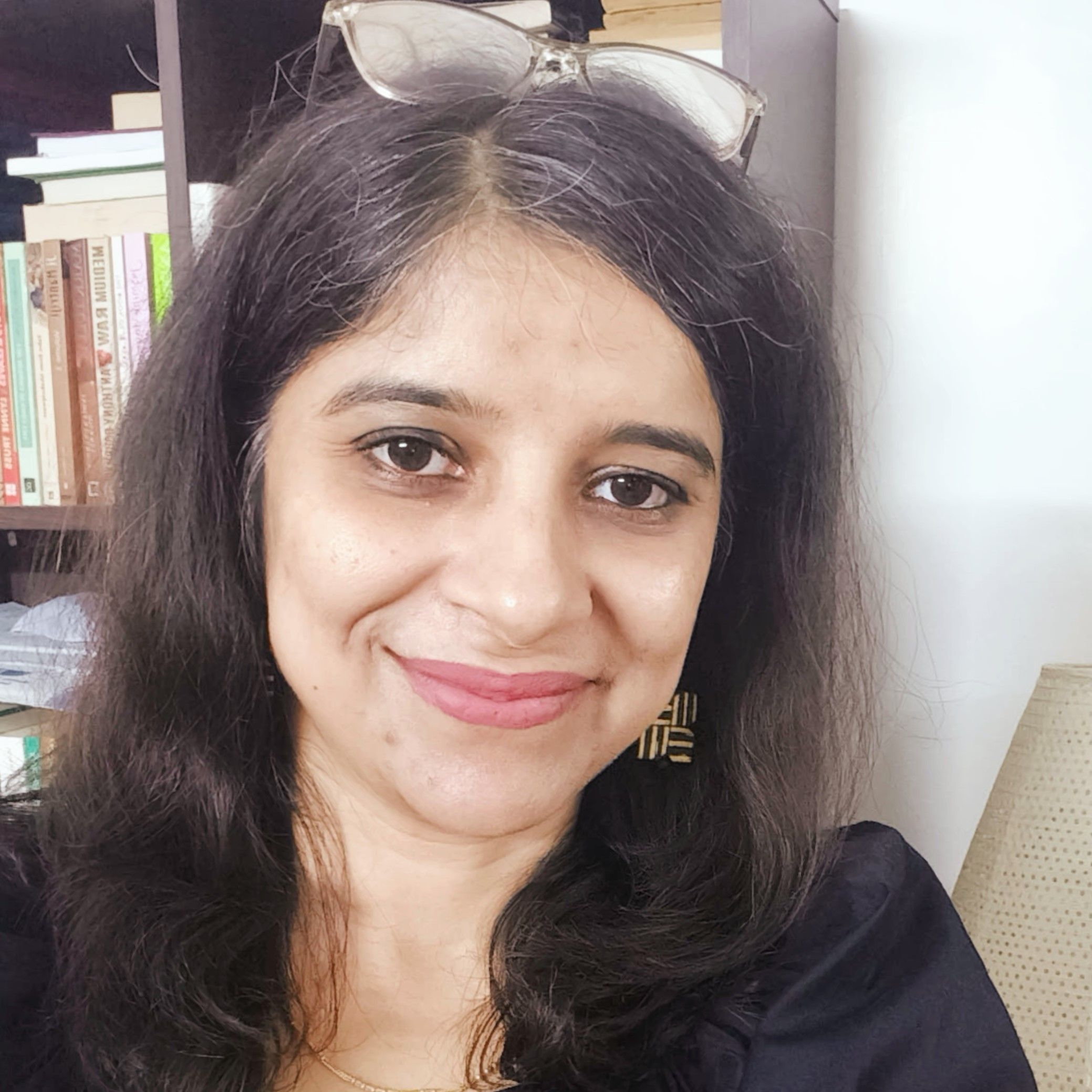Upstox Originals
Turning the page: India's love for print books surges despite digital wave

4 min read | Updated on June 04, 2025, 16:36 IST
SUMMARY
Despite the rise of digital reading, physical books are seeing a strong resurgence, particularly in India. While e-book sales also grew, they hold a comparatively smaller market share. This trend suggests that physical and digital formats are complementary, with bookstores adapting to offer engaging experiences to retain readers. The future of reading points towards a diverse ecosystem where all formats coexist.

India's book publishing sector witnessed a remarkable double-digit surge year-on-year in 2024. | Image source: Shutterstock
The COVID-19 pandemic, despite its many challenges, brought about unexpected shifts in habits, notably a resurgence in reading. Confined to their homes, many people found solace in books during a stressful period. They also found more avenues to enjoy books. Some took up e-books and audiobooks. But surprisingly, sales of physical books grew at an even faster pace.
Medium of choice
This raises a compelling question: has a preferred reading medium emerged, or will the debate between physical books and digital formats continue indefinitely?
Sales data highlights India’s preference for physical books over all other formats. India's book publishing sector isn't just growing, it's witnessing a remarkable double-digit surge year-on-year. The recently published NielsenIQ BookData revealed that in 2024, India emerged as the undisputed leader among 18 territories analysed, boasting a staggering 27% increase in overall revenues. Fiction, in particular, saw its fortunes soar by an astounding 30.7%.
Statista projects that the Indian print book market will swell to $5.83 billion in 2025, maintaining a steady growth rate of 3.19% through to 2029. By that same year, the number of print book readers in India is anticipated to reach a staggering 501.0 million.
Meanwhile, the digital realm, while growing, plays a comparatively smaller role. The Indian e-book market is projected to reach $255.36 million in 2025, with a growth rate of 3.88% between 2025 and 2029. User penetration for e-books in India is expected to hover around 8.1% in 2025, gently rising to 9.6% by 2029.
What is noteworthy is that digital and physical reading experiences are not antithetical but complement each other. Nidhi Gupta, Director, Crossword Bookstores, adds, “Based on our internal retail data, physical books account for approximately 65–70% of total book sales by volume in our stores. Although we don’t sell ebooks directly, customer surveys show that even frequent digital content users still purchase physical books—often the very same titles. This indicates that digital and physical formats are more complementary than competitive.”
Crossword has seen physical books command an even higher preference of over 85% in tier-2 and tier-3 cities. In metro cities, physical formats still dominates, with a 65–70% preference. Interestingly, around 60% of their customers who consume digital content also buy physical books.
Quest to stay relevant
But in today’s times, the digital medium can’t be ignored. E-books and audiobooks provide unparalleled accessibility, convenience and competitive pricing. In this scenario, brick-and-mortar bookstores are trying to reinvent themselves to lure customers. For instance, Crossword Bookstore has launched a range of initiatives that have transformed stores into vibrant cultural hubs—places where reading comes alive beyond the shelves. Their annual Crossword Book Awards is a flagship initiative that celebrates Indian literature and brings well-deserved attention to emerging and established authors alike. Meanwhile, Om Bookstore in Noida keeps a 60-40 mix of books and other categories to remain profitable. Various promotions take place throughout the year, which provide attractive offers and discounts. Almost 10-15 events are organised in a month, where readers can meet authors.
Lure of e-books
Amazon's Kindle and e-commerce platform have a significant share of the book market today, making it a major competitor for local bookstores. Many readers sing praises of the Kindle, which improves the reading experience with every new model it launches. There are other brands too, like the Kobo e-reader, which provides an immersive online reading experience. With the option to download free e-books, the reader today is spoiled for options.
Ultimately, the future of reading lies in a harmonious coexistence where physical books, e-books and audiobooks complement each other. Readers benefit from a rich ecosystem that caters to every mood and preference, whether it's the quiet contemplation offered by a printed page or the on-the-go convenience of a digital device. As long as the joy of reading persists, the various platforms that facilitate it will continue to thrive, ensuring that stories and knowledge remain accessible to all.
Related News
By signing up you agree to Upstox’s Terms & Conditions
About The Author
Next Story

